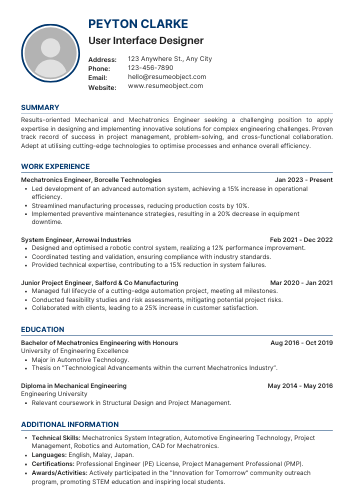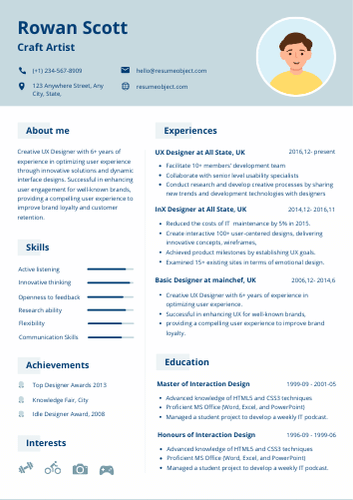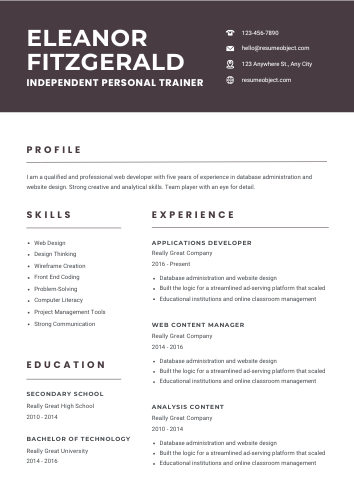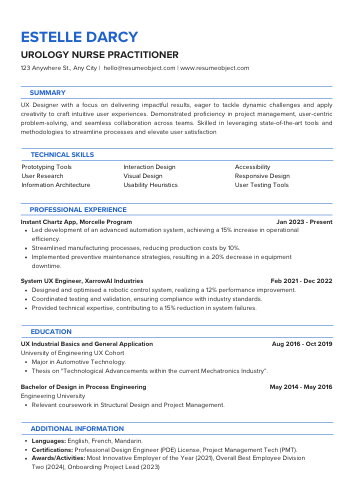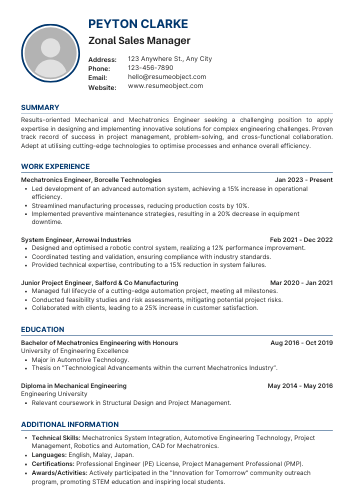37 Analysis Skills for Resume – How to List for Analysis Resume
Analysis Skills on Resume
Sharpen your job prospects with these 37 essential analysis skills for resume that hiring managers crave. Highlight technical tools, critical thinking, data interpretation, and problem-solving with clear examples and measurable outcomes. Tailor skills to the role, prioritize relevance, and quantify impact to stand out. Use strong action verbs and strategic formatting to make your Analysis Skills for Resume pop now.
Why Analysis Skills Matter for a Resume
Analysis skills demonstrate your ability to interpret data, identify trends, solve complex problems, and make evidence-based decisions. Highlighting them on your resume proves readiness to deliver insights, optimize processes, and drive measurable results for employers today seeking highly analytical talent.
Analysis Skills for Resume are the engine that turns data into decisions, and employers hire analysts to solve problems, not just report numbers. Highlighting these skills shows you can identify patterns, ask the right questions, and deliver actionable insights that drive revenue, cut costs, and reduce risk. Recruiters scan for evidence of critical thinking, quantitative aptitude, and domain knowledge—presenting concrete Analysis Skills for Resume convinces them you’ll hit the ground running.
Showcase specific competencies and outcomes using concise bullets that hiring managers can scan quickly:
- Statistical analysis & data modeling - translated findings into a 20% efficiency gain.
- SQL & data visualization - built dashboards that reduced reporting time by 50%.
- Problem-solving & hypothesis testing - identified root causes and recommended fixes.
- Stakeholder communication - presented insights that influenced strategic decisions.
Enhance your portfolio and stand out to employers—explore essential Artist Skills for Resume to showcase creativity, technique, and professional impact. today with confidence now
Top 20 Skills for a Analysis Resume
When crafting an impressive resume, highlighting your analysis skills is crucial. Here are the top 20 analysis skills to consider for your resume:
- Data Interpretation
- Statistical Analysis
- Critical Thinking
- Problem Solving
- Research Skills
- Data Visualization
- Trend Analysis
- Quantitative Analysis
- Qualitative Analysis
- Business Intelligence
- Forecasting
- Risk Analysis
- Data Mining
- Reporting Skills
- Attention to Detail
- SQL Proficiency
- Excel Expertise
- Market Analysis
- Financial Analysis
- Decision-Making Skills
Top Hard Skills for a Analysis Resume
Discover the essential technical competencies employers seek on analysis resumes: these top hard skills demonstrate your analytical rigor, tool proficiency, and problem-solving expertise, helping you stand out, quantify impact, and secure interviews in data-driven roles.
-
Data Analysis: The ability to interpret and analyze complex data sets to derive meaningful insights and inform decision-making.
-
Statistical Analysis: Proficiency in applying statistical methods to collect, review, and draw conclusions from data.
-
Data Visualization: Skills in using tools like Tableau or Power BI to create visual representations of data that make trends and patterns easier to understand.
-
SQL Proficiency: Knowledge of Structured Query Language to manage and query databases effectively.
-
Excel Expertise: Advanced skills in Microsoft Excel for data manipulation, analysis, and creating complex formulas.
-
Programming Languages: Familiarity with languages like Python or R for data analysis, allowing for automation and advanced data processing.
-
Machine Learning: Understanding of machine learning algorithms to analyze data and make predictions based on patterns.
-
Business Intelligence Tools: Experience with BI tools to analyze business data and generate actionable insights for strategic planning.
-
Research Methodology: Knowledge of various research methods to gather data and validate findings systematically.
-
Critical Thinking: The ability to analyze information objectively and make reasoned judgments based on data.
-
Quantitative Analysis: Skills in assessing numerical data and using statistical techniques to evaluate and interpret results.
-
Qualitative Analysis: Ability to analyze non-numerical data, such as interviews and surveys, to uncover trends and insights.
-
Forecasting: Proficiency in predicting future trends based on historical data and analysis techniques.
-
Risk Analysis: Skills in identifying potential risks and assessing their impact on projects or business strategies.
-
Reporting Skills: Ability to compile and present analytical findings in clear, concise reports for stakeholders.
Other Skills for Resumes
Top Soft Skills for a Analysis Resume
Following are the top soft skills for analysis resumes, highlighting essential interpersonal and cognitive abilities that employers value—communication, critical thinking, collaboration, adaptability, and problem-solving—demonstrating how candidates thrive in data-driven, cross-functional environments and drive measurable impact
-
Critical Thinking: The ability to analyze situations logically and make informed decisions based on data and evidence.
-
Problem-Solving: A skill that involves identifying issues and developing effective solutions, essential for any analysis role.
-
Communication: The capacity to convey complex information clearly and concisely to stakeholders, ensuring understanding and collaboration.
-
Adaptability: Being flexible and open to change, allowing analysts to adjust to new information and evolving project requirements.
-
Teamwork: Collaborating effectively with others, leveraging diverse perspectives to enhance analysis and decision-making.
-
Attention to Detail: A meticulous approach to data and analysis, ensuring accuracy and reliability in findings and reports.
-
Time Management: The ability to prioritize tasks and manage time efficiently, ensuring deadlines are met without compromising quality.
-
Creativity: Thinking outside the box to develop innovative solutions and approaches to complex analytical problems.
-
Emotional Intelligence: The skill of understanding and managing one’s own emotions, as well as empathizing with others, fostering better teamwork and communication.
-
Data Interpretation: The capability to analyze and make sense of data sets, transforming raw data into actionable insights for decision-making.
How to List Analysis Skills on a Resume
Boost your resume's impact with practical tips and real examples that showcase measurable accomplishments and problem-solving ability; learn How to list skills and highlight Analysis Skills for Resume to attract hiring managers and pass ATS
When crafting your resume, showcasing your analysis skills effectively is crucial for landing an analysis job. Start by identifying the specific analysis skills for resume that align with the job description. Highlight these skills in both your summary and experience sections to grab the hiring manager's attention.
Consider listing your analysis skills in a bullet format for clarity. Here are some key skills to include:
- Data interpretation and visualization
- Statistical analysis and modeling
- Problem-solving and critical thinking
- Proficiency in analytical tools (e.g., Excel, SQL, Python)
- Research and data collection techniques
- Ability to communicate findings clearly
By strategically incorporating these analysis skills for resume, you position yourself as a strong candidate who can provide valuable insights and drive decision-making.
Resume Example for Analysis with Skills Highlighted
Discover a detailed example showcasing key strengths and expertise through a carefully crafted document. This analysis provides valuable insights into effective skill presentation, making it easier to understand how to highlight abilities in a sample resume.
Name: John Doe
Address: 123 Main St, Cityville, ST 12345
Phone: (123) 456-7890
Email: [email protected]
LinkedIn: linkedin.com/in/johndoe
Objective:
Detail-oriented and analytical professional with strong Analysis Skills for Resume, seeking a challenging position in data analysis to leverage expertise in transforming data into actionable insights.
Education:
Bachelor of Science in Data Science
University of Cityville, Cityville, ST
Graduated: May 2020
Skills:
- Data Analysis: Proficient in analyzing complex datasets to identify trends and patterns.
- Statistical Analysis: Skilled in applying statistical methods to interpret data and make informed decisions.
- Data Visualization: Experienced in using tools like Tableau and Power BI to present data visually.
- SQL & Databases: Strong knowledge of SQL for data extraction and manipulation.
- Excel Expertise: Advanced skills in Excel for data analysis and reporting.
- Critical Thinking: Ability to assess situations and make data-driven recommendations.
Experience:
Data Analyst
ABC Corporation, Cityville, ST
June 2020 - Present
- Conducted extensive data analysis to support business operations, resulting in a 15% increase in efficiency.
- Developed and maintained dashboards to visualize key performance indicators, enhancing decision-making processes.
- Collaborated with cross-functional teams to identify data needs and provide analytical solutions.
Intern, Data Analysis
XYZ Solutions, Cityville, ST
January 2020 - May 2020
- Assisted in the collection and analysis of data to support marketing strategies.
- Created reports summarizing findings and presented insights to management.
- Utilized Excel and SQL for data manipulation and reporting tasks.
Projects:
Sales Data Analysis Project
- Analyzed sales data to identify trends over a two-year period, leading to actionable recommendations that increased sales by 10%.
Customer Satisfaction Survey Analysis
- Conducted statistical analysis on survey data to identify areas for improvement, resulting in enhanced customer experience initiatives.
Certifications:
Certified Data Analyst (CDA)
Data Science Institute, 2021
References:
Available upon request.
Action Verbs to Pair with Analysis Skills
Boost resume impact by choosing Action Verbs to Pair with skills demonstrate measurable results; highlight Analysis techniques, problem-solving outcomes, and data-driven achievements to convince hiring managers you translate insights into impactful business decisions and progress.
- Analyzed
- Evaluated
- Interpreted
- Assessed
- Synthesized
- Investigated
- Diagnosed
- Formulated
- Researched
- Compiled
- Forecasted
- Critiqued
- Optimized
- Monitored
- Reported
Common Mistakes to Avoid When Listing Analysis Skills
Learn how to present quantifiable achievements and relevant tools, avoiding common mistakes to avoid while adding skills, ensuring clarity and impact when listing Analysis Skills for Resume to attract hiring managers and pass ATS filters.
When crafting your resume, particularly when highlighting your Analysis Skills for Resume, it's crucial to avoid common pitfalls that can undermine your qualifications. A well-structured resume can showcase your analytical abilities effectively, but mistakes can lead to missed opportunities. Here are some key mistakes to steer clear of:
- Vague Descriptions: Using generic terms like "good at analysis" without specifics fails to convey your expertise.
- Ignoring Relevant Tools: Not mentioning analytical tools or software you’re proficient in can make your skills seem less credible.
- Overloading with Jargon: Using too much technical language can alienate hiring managers who may not be familiar with the terms.
- Neglecting Quantifiable Achievements: Failing to include measurable outcomes from your analysis work can diminish the impact of your skills.
- Lack of Tailoring: Submitting a one-size-fits-all resume without customizing it for the job can make your application less compelling.
By avoiding these mistakes, you can effectively showcase your Analysis Skills for Resume and enhance your chances of landing an interview. Remember, clarity and relevance are key to making a lasting impression.
Tips for Listing Analysis Skills on Resume
To stand out in a competitive job market, highlighting your Analysis Skills for Resume is crucial. Employers seek candidates who can interpret data, identify trends, and make informed decisions. By effectively showcasing your analytical abilities, you can demonstrate your value and increase your chances of landing an interview. Here are some essential tips to enhance your resume with strong analysis skills.
- Use specific examples of projects where you applied analysis skills.
- Quantify your achievements with data to illustrate your impact.
- Highlight relevant software or tools you are proficient in, such as Excel, SQL, or Tableau.
- Mention any certifications or courses related to data analysis.
- Tailor your skills section to match the job description, emphasizing relevant analysis skills.
By implementing these tips, you can create a compelling resume that effectively showcases your Analysis Skills for Resume, setting you apart from the competition and attracting potential employers.
Do
Do: Quantify impact with metrics - Briefly state results (e.g., "Improved forecasting accuracy by 18%") to show how your analysis changed outcomes and prove your skill with numbers.
Do: List relevant tools and techniques - Mention specific tools (Excel, SQL, Python, Tableau) and methods (regression, A/B testing, data visualization) to match recruiter keywords and show technical breadth.
Do: Showcase project context - Describe the business problem, your analytical approach, and the outcome in one line (e.g., "Reduced churn by 12% using cohort analysis and targeted retention campaign").
Do: Highlight cross-functional collaboration - Note how you communicated insights to stakeholders or worked with product/engineering to implement solutions, demonstrating practical influence and soft skills.
Do: Include concise portfolio or results links - Add links to dashboards, case studies, or GitHub (private-sanitized) to let employers validate your work and see your analytical process.
Don't
Don't: Make vague skill claims - Saying “good analytical skills” without specifics sounds empty; specify methods and tools. Analysis skills: Data analysis, statistical testing, SQL, Excel.
Don't: Overload your resume with jargon - Excess buzzwords reduce clarity and hurt ATS parsing; use clear, recognized terms and examples. Analysis skills: Data visualization (Tableau/Power BI), hypothesis testing, reporting.
Don't: Skip quantifiable results - Failing to show impact (percentages, time saved, revenue) makes skills unverifiable; include metrics. Analysis skills: A/B testing, KPI tracking, performance metrics.
Don't: List irrelevant software or outdated tools - Including obsolete or unrelated programs clutters your resume; focus on current, role-relevant tools. Analysis skills: Python (pandas), R, SQL, Excel (advanced).
Don't: Neglect action verbs and context - Passive descriptions don’t convey ownership; use strong verbs and explain the problem, action, and outcome. Analysis skills: Problem solving, root cause analysis, predictive modeling, stakeholder communication.
FAQs about Analysis Resume Skills
How many skills should I include on a Analysis resume?
Include 6-8 relevant Analysis Skills for Resume to showcase your expertise effectively. Focus on skills that match the job description, demonstrating your ability to analyze data, identify trends, and solve problems efficiently.
How do I know which skills are most relevant for a Analysis job role?
To identify the most relevant Analysis Skills for Resume, review the job description carefully, research industry standards, and highlight skills like data interpretation, critical thinking, and problem-solving that align with the specific Analysis job role requirements.
How can I prove the Analysis skills I list on my resume?
Demonstrate Analysis Skills for Resume by showcasing specific projects, using data-driven results, highlighting problem-solving examples, including relevant certifications, and providing quantifiable achievements that reflect your ability to interpret data and make informed decisions effectively.
Should I update my Analysis skills section for each job application?
Yes, tailor your Analysis Skills for Resume to match each job description. Updating this section highlights relevant expertise, making your application more appealing and increasing your chances of landing an interview.
How to list Analysis skills on a resume?
To list Analysis Skills for Resume, highlight specific abilities like data interpretation, problem-solving, and critical thinking. Use bullet points and quantify achievements to demonstrate impact, tailoring skills to the job description for maximum relevance and effectiveness.
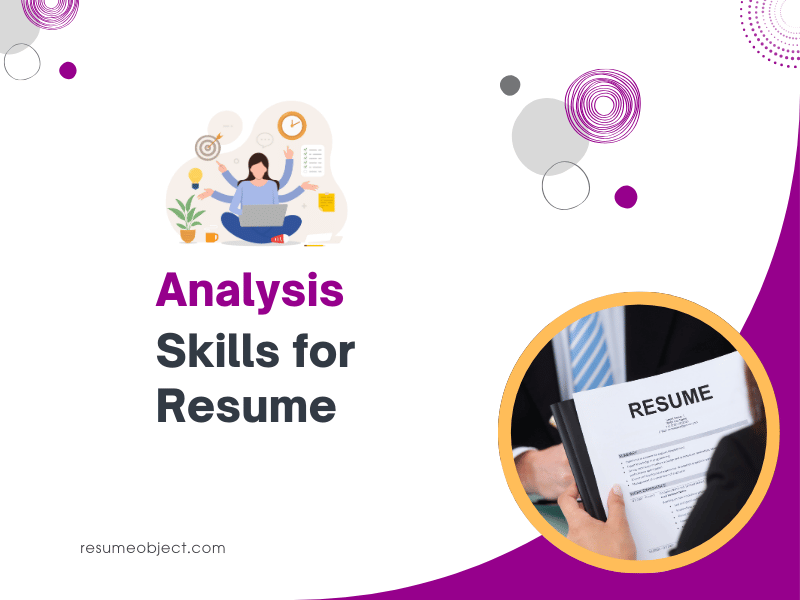
Analysis Skills for Resume
Boost hiring chances with 37 Analysis Skills for Resume: examples, how to list them, and action-ready phrases to showcase your analytical strengths.
Top Hard Skills
SQL querying and optimization
Python for data analysis
Statistical modeling and inference
Data visualization with Tableau or Power BI
Advanced Excel (PivotTables, VBA)
Top Soft Skills
Critical thinking and problem solving
Clear written and verbal communication
Attention to detail and accuracy
Time management and prioritization
Stakeholder management and influence
Mistakes to Avoid When Listing Skills
Listing vague, generic skills
Overstating proficiency without proof
Including irrelevant skills unrelated to analysis
Tips to List Skills
Quantify analytical achievements with metrics
Highlight tools and methodologies used
Showcase problem-solving outcomes and impact
Free Resume Templates





